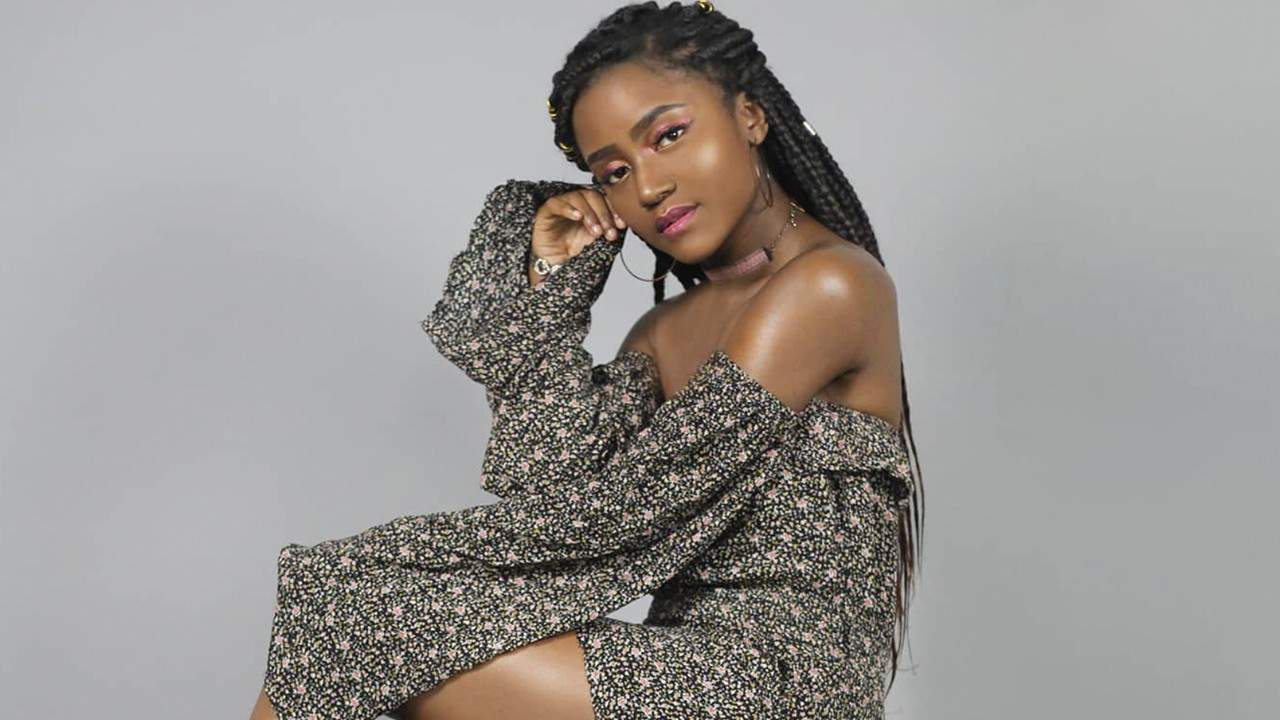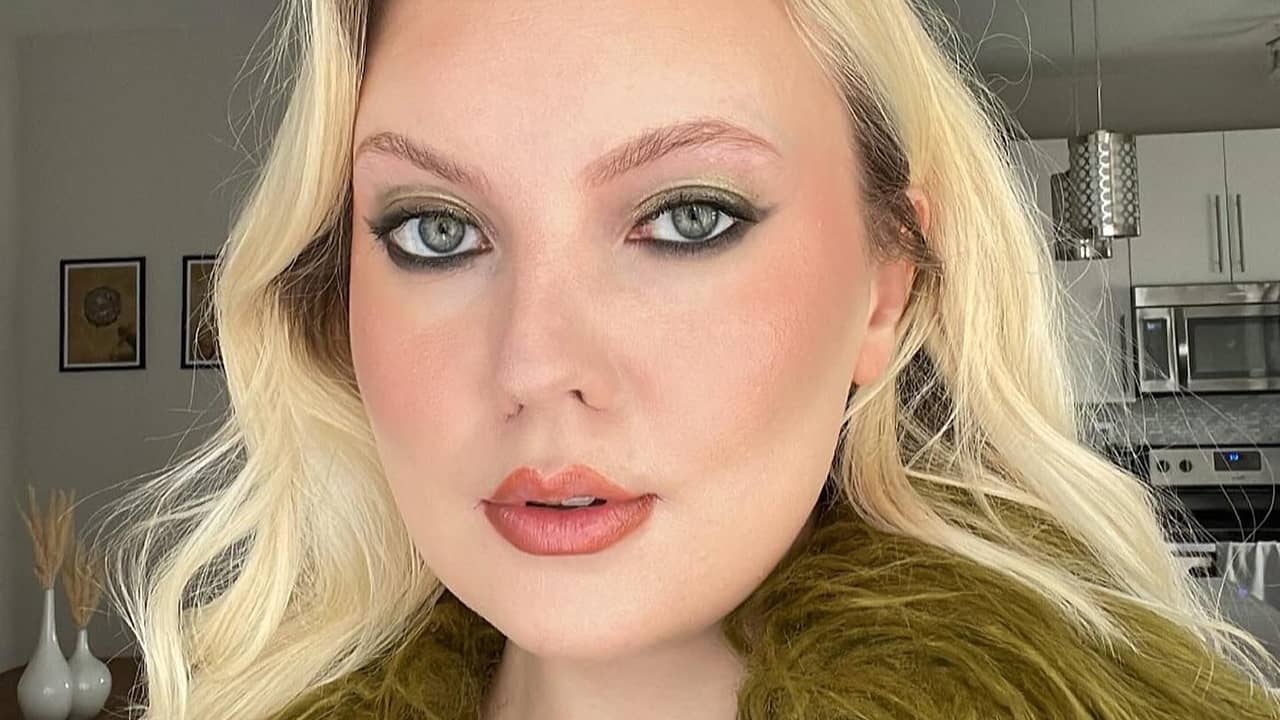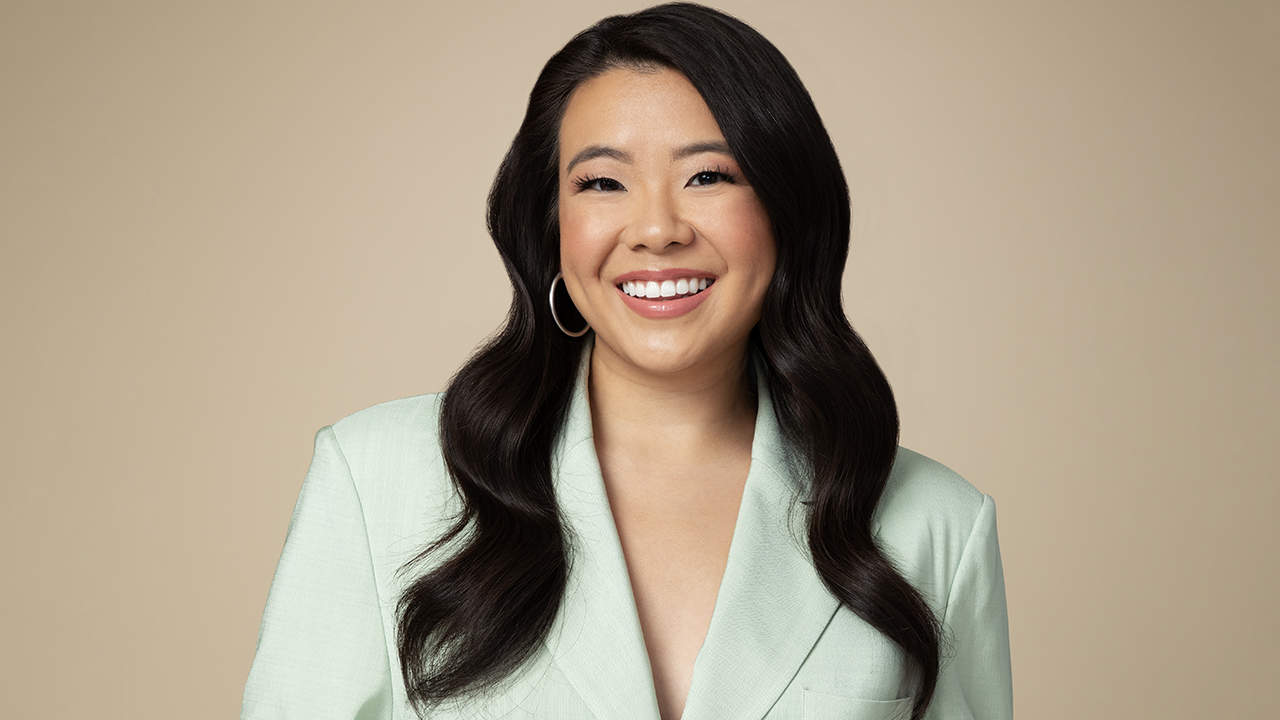For aspiring music producers wondering how to make a living from making beats, take some advice from L.Dre. Known for his lo-fi tunes, catchy remixes, and informative videos about music production, the TikTok-viral producer and content creator went from working in a warehouse to making over $500,000 a year.
One key to growth for L.Dre is diversifying his sources of income. Not only is the artist earning streaming royalties, but he’s also making money through lucrative brand partnerships, selling sample packs online, and even licensing his music for use in commercials. “It’s definitely about diversifying and trying out anything you can get your hands on,” he says.
Ahead, L.Dre shares with The Leap the strategies that have helped him make six figures annually, as well as ways to grow and engage your audience no matter what type of creator you are.
Can you describe your journey from how you got started to where you’re at now?
I got into music at a very early age. When I was about 13 years old, I got into hip hop. I wanted to be a rapper, but found out I didn’t really like rapping. When I was in high school, I started making my own beats. That’s when I really fell in love with the producing side of things. After high school, I went to a music production college, the Los Angeles Recording School. I was there for a total of two years and learned a few things.
Once I graduated, I was in a spot where I had plenty of student debt, so I really had to take my music career seriously. I dedicated my time to posting content as much as possible, and decided to do a challenge on Instagram. I posted videos of me making beats almost every single day for almost three years straight. It was tough! I worked a 9-5 job doing e-commerce and working in a warehouse for a fashion brand. My daily schedule would be coming home from work, eating dinner, and then working all night [on music and content creation] until 3 a.m., then waking up a few hours later going back to work.
I carried that routine for two years until I eventually started building an audience. I was also on YouTube, and every now and then something would get a lot of traction. But it wasn’t until TikTok came around when everything started to blow up. The remixes I made started going viral, and I [began uploading my music] to streaming platforms like Spotify to start making income. These all brought me to where I am today.
What were some things you considered before pursuing a full-time career as a music producer and creator?
When I decided to quit my job, I had two plans: I needed to double what I made at my job for a consistent three to five months, or have six months of my work income saved up before I quit.
What actually ended up happening was [unexpected]. When I first started going super viral (for example, I had one viral video on Twitter that got about 3 million views), multiple brands started hitting me up [for paid partnerships]. I flew to Atlanta to do a podcast, and a few weeks later, Samsung flew me out to Las Vegas for the CES. At that point, I was missing a lot of work, and working my 9-5 started to make less sense. I just had to go for it.
As a music producer, what are some ways to distribute and monetize your work?
For musicians or anybody wanting to do something independently, you must diversify [your income streams] as much as you can. I didn’t try this out at first, and the bulk of my revenue was coming from streaming. However, I don’t like relying on [just] that because I feel like it could be gone any day.
Through my YouTube channel, I started selling sample packs and landing brand deals. [I also began] diversifying through different platforms. Becoming an influencer, sync licensing, and working with labels for different remixes have also significantly increased my income.
Streaming revenue
So far, I’ve made the majority of my monthly income from my music being streamed on platforms like Spotify and Apple Music. This is the biggest source of my income — I have several songs with over 10 million streams, one of which is at 40 million streams on Spotify alone. Many of these songs stream pretty consistently month to month, which gives me a fairly stable income.
Brand deals and sponsorships
This income stream isn’t as consistent, but I do make a sizeable amount of revenue from brands paying me to promote their products or services on platforms like YouTube, TikTok, and Instagram.
This is a source of revenue for any creator, no matter what type. As long as you have an audience, brands will continue to pay you.
Selling sample packs
Once you start working with brands, you’d realize that if you can sell stuff for brands, you can also make your own products and sell them to your audience. For me as a producer, sample packs are a great way to make extra income. I don’t put out enough of them, but if sample packs were my main focus, I could be making a lot more money than I do now.
Sync licensing
Sync licensing refers to when companies pay to license your music to be used in TV and film. I’ve done a lot of music for commercials in the digital space. Artists can [get paid] upfront, or receive royalties every time a commercial is aired.
Most of the time, agencies would reach out to my manager to license my work, but there are many ways to get into sync licensing.
This is probably my least consistent revenue source. However, you can make a significant amount of money in this field.
Selling NFTs
NFTs as a source of income has been super controversial, but there’s too much opportunity here to not mention it. At the peak of everything crypto-related earlier this year, I made more money from NFTs in one month than I’d make in half a year of my music streams alone. It’s an interesting space, but it’s pretty complicated. That being said, I definitely wouldn’t ignore it.
How do you grow and engage your audience?
The most obvious strategy is being consistent. I feel like people say that all the time, but I don’t think people really understand that it means you can’t be a perfectionist in what you’re posting. At the end of the day, the more content you put out, the more chances you have to be seen. My mindset has always been “if I keep going, something’s going to pop off.” And it did multiple times. I don’t think anybody can work at something for three years straight, and not have some kind of success after those three years.
Another thing I would say is to keep switching up [your content]. I first went viral when TikTok was new, and at that time, people were making fun of it. But I still wanted to try it, and then I had a song that went viral on the platform. It even became a dance trend. I started doing more of those, but they started to die off.
Then, I saw another style [of video] that people were doing. I posted [something similar] on Twitter where I sampled sounds around Disneyland, which ended up being a big, viral hit. I received so many opportunities because of that video. That’s when I learned that switching up the styles of your videos and seeing what works is important to grow your audience.
How do you manage your budget?
I got into personal finance super early on and started building my credit as soon as I could. I use different apps to keep track of every little expense. I keep my brand finances separate from my personal finances. I’m also set up as a corporation — I have a salary that I pay myself, and anything that I spend for business can be written off. I like to keep a close eye on anything I do financially, so I know exactly where I land at the end of every month.
How do you protect yourself legally?
In music, I’ve always felt like not much could go wrong. I make remixes, but I never upload the remixes to monetized platforms. YouTube will actually copyright them and send the funds to whatever artists you remix from, which makes it super simple.
People always ask me, “How do you make sure no one steals your stuff?” But I’ve always told people they are thinking too much before actually getting started. A lot of people don’t even want to post their music online before figuring out how it cannot be stolen. But hey, who cares? I’ve actually had mine stolen quite a lot, and it does make me mad sometimes. But it’s never hurt me financially or as far as my success goes, so it’s never stopped me from making music. I don’t even copyright my music, because I want people to be able to use my music in their videos. At the end of the day, it exposes my creations to the world.
Ready to start earning money online?
Sign up to The Leap newsletter for useful tips, free resources, and insights from creators, delivered weekly right to your inbox.
How do you break yourself out of a creative rut?
For me, doing anything besides music is usually helpful. Watching TV, doing stuff I enjoy, going outside and hanging out with people are my remedies. Back when I was really grinding, I did force myself to keep going. But if you’re in the stage of really building something longterm, it’s important to give yourself breaks here and there.
I am very much a go-with-the-flow type of person. I have active goals I’m working towards, but they aren’t all necessarily music-related. Besides music, I’m interested in tapping into real estate one day, or setting up a whole new business outside of music. Getting involved with television or anime is a goal of mine for the near future as well. Having these goals helps me balance my mindset. I like the idea of not having to worry about being so present with the music world in such a consistent way one day.
I’m learning that when you turn something that used to be pure fun and a hobby into work, it does start to feel like work. I’m currently looking to find something else to build financially to sustain my success. Until then, I’m going to keep making music and keep doing what I’m doing.
This interview has been edited for clarity and length.
Follow The Leap on TikTok and Instagram for more creator stories. We also make a newsletter.



